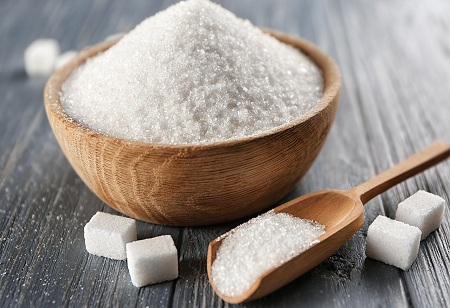Since the government has approved a subsidy for overseas sales and global prices have hit their highest level in past few years, Indian sugar mills are showing alacrity in signing export contracts. The exports will help the world's second-biggest sugar producer to bring down stockpiles and support local prices, which, at odds with the global market, have been falling due to oversupply at home. However, the shipments could cap a rally in benchmark prices in New York and London.
Mills have so far agreed contracts to export 1.5 million tonnes of sugar in the 2020/21 marketing year that started on October 1st,
mainly to Indonesia, Sri Lanka, Afghanistan and African countries for shipments in January to March, the officials said. Contracts were signed between $375 and $395 a tonne on a free-on-board (FOB) basis, three dealers directly involved in the deals said. They did not wish to be identified in line with their organizations’ policies.
“Most of the contracts were done for raw sugar, which is heading to Indonesia,” said Rahil Shaikh, Managing Director of MEIR Commodities India. Indonesia, which traditionally imports the bulk of its requirement from Thailand, started buying Indian sugar in 2020 after changing purity regulations for sugar imports.
Out of the 1.5 million tonnes of export contracts signed, nearly 1 million tonnes was for raw sugar, while the rest was for white sugar, dealers said. Sri Lanka, Afghanistan and African countries are buying small amounts of white sugar, but demand is limited for whites due to a shortage of containers, they said.
“Currently mills' net realization from exports is higher than domestic sales after adding the government subsidy for exports,” said a Mumbai-based dealer with a global trading firm. In mid-December, India approved a subsidy of 5,833 rupees ($79.53) per tonne to encourage cash-strapped mills to export 6 million tonnes of sugar in the 2020/21.
